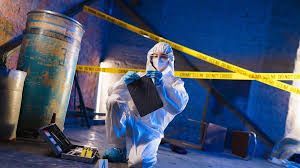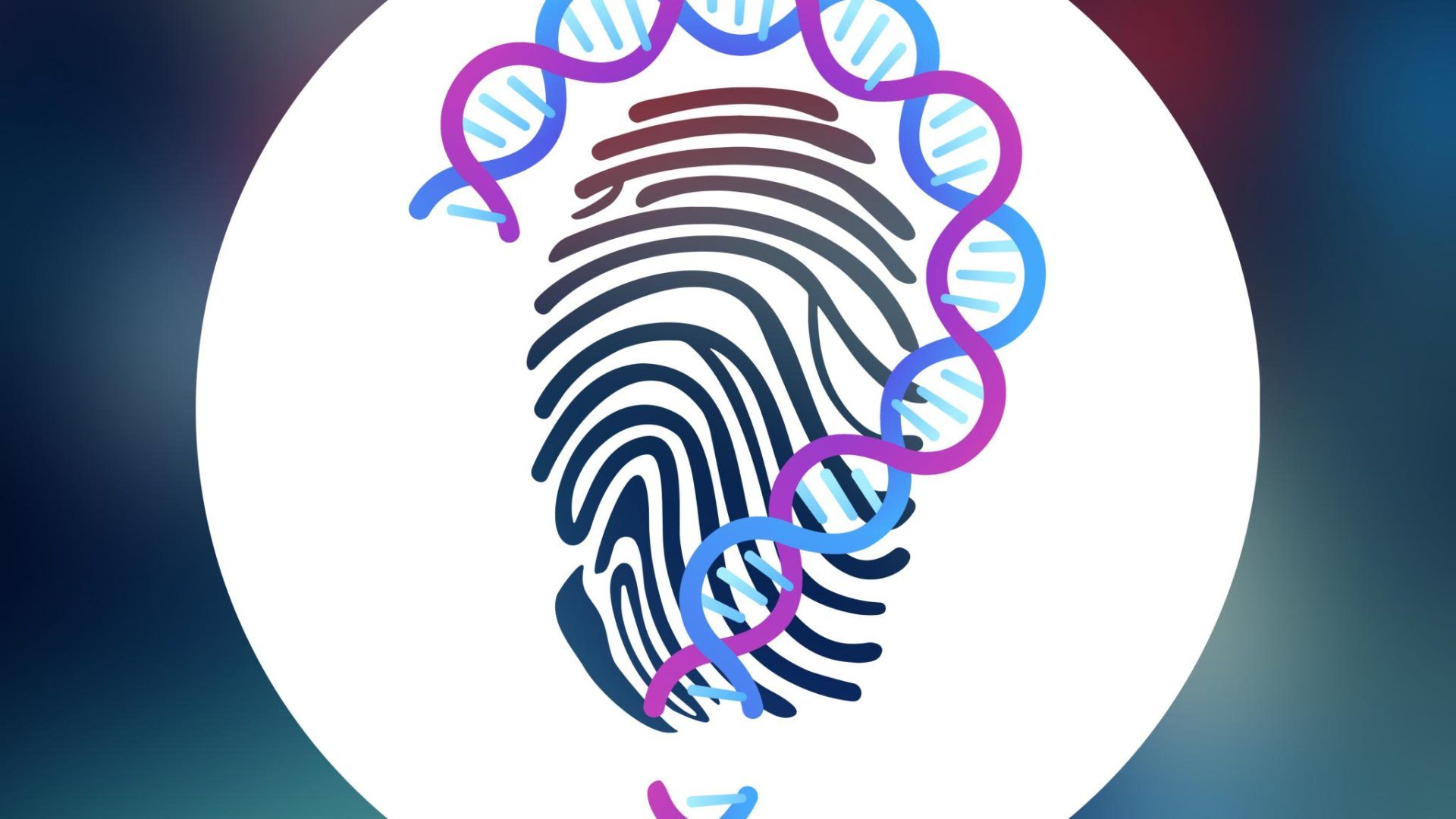How important forensic evidence?

The courts have high regard for the value to forensic evidence says Pretoria based forensic consultant and Certified Fraud Examiner Nick Olivier. "Forensic evidence is – amongst other things - based on the premise that someone leaves a trace of themselves behind every time they touch something at the crime scene.
Still all sorts of testimonies are heard by the court and they don't necessarily attach more value to a forensic testimony than they would any other. "If the court is sceptical about the testimony of the accused or a witness then the forensic evidence will be of a greater value as it can either support or disprove their version of events, because the analysis thereof is based on scientific principles," Nick says.
Nick agrees that forensics can play a vital role in the outcome of a case. "There are determined calculations, for example, in connection with speed and the direction of blood spatter, and these recognised calculations can be used to make trusted conclusions."
What can forensic evidence reveal about a crime?
"Because blood has certain qualities the grouping, pattern and distribution of a splatter can be a good indication of the movements of the victim and the directions in which both the victim and perpetrator went, the sequence of events, where the crime took place, what kind of weapon was used and much more," Johan says.
He says the analysing of blood splatters can help the courts to determine if the testimony of a witness or the accused is true or not.
Nick adds that the place where the axe was found after the attack, where the survivors were found, where the victims are lying and how the blood splatter spread can reveal the position of the attacker when the murders took place. "You can for example derive where the attacker was, if the victims were lying down or were on their knees when they were attacked, whether or not there was a long struggle before they were killed, how long it took to kill the victim and how tall or strong the attacker is."
A post mortem examination could shed even more light on the crime, Nick adds. The nature of the victims injuries, how deep the wounds are, whether or not there are signs that they fought back also add a great deal of insight.
The Locard's principle is one of the most important principles in forensic science and states that the perpetrator of a crime will bring something into the crime scene and leave with something from it, and that both can be used as forensic evidence. This evidence can include DNA left behind on the murder weapon as well as blood splatters on the victim's or perpetrator's clothes."
What role do the police play?
In South Africa there are strict rules about how the scene of a crime must be approached and how evidence must be processed. If protocol is not followed, the credibility of the evidence is undermined. The court can decide that a piece of evidence is not of much value to the case or they can decide to dismiss it altogether because the correct process was not followed, Nick says.
"A quick response from the police is often crucial to the success or failure of an entire investigation, because when the crime scene is left unprotected it is vulnerable to contamination. Contamination happens when evidence is tampered with or when crucial evidence is removed or destroyed."
VIEW THE ORIGINAL ARTICLE









